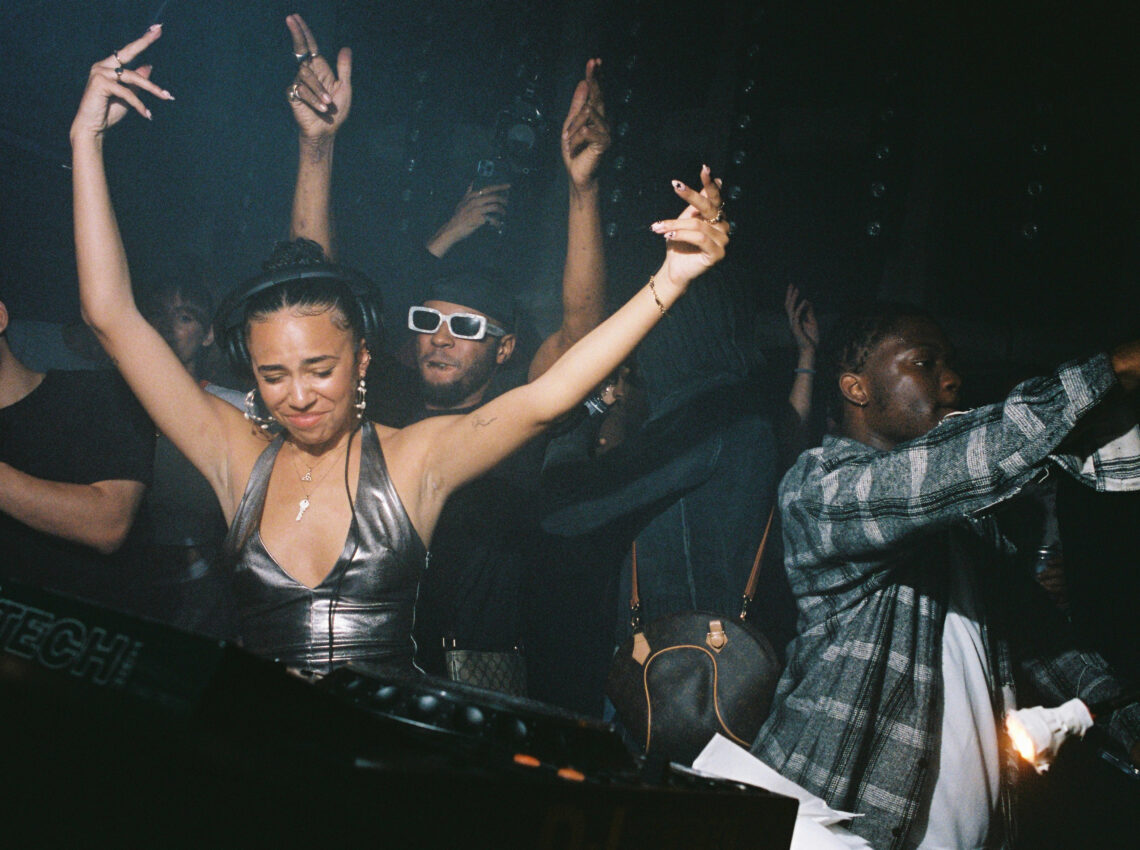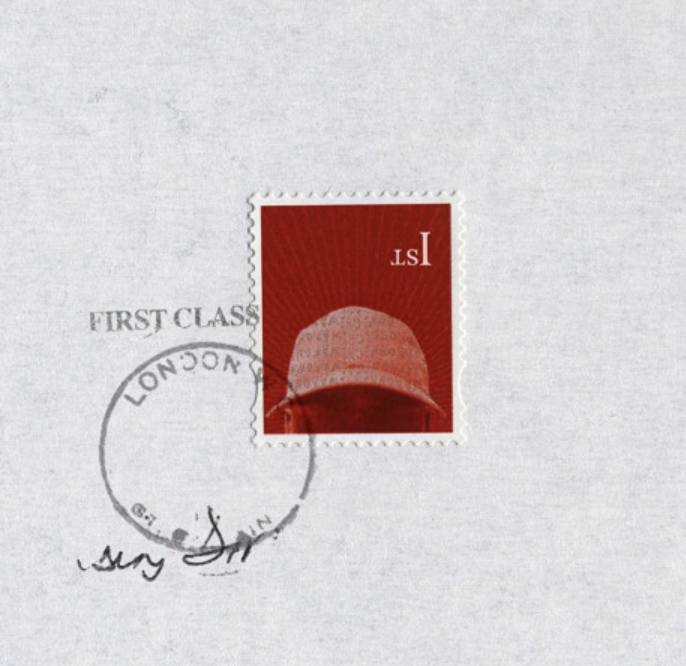Irene Agbontaen on Bumble & Black love
For the past three years, Irene Agbontaen has been a driving force in creating candid, online spaces to discuss everything Black love. With her partnership with Bumble beginning in 2020, Irene has set out to broaden the representation we see of dating while addressing challenges like fetishisation and stereotyping. In this interview we caught up with Irene and delved into a range of issues from knowing who you are, dating as a successful woman, and resisting pressure from Nigerian aunties’.
GUAP: Why is it important to have conversations that focus on Black love, when it comes to dating and relationships?
Irene: I think it’s important for us to talk about it because, at the moment, there’s a lack of representation. For context, during my first ‘My love is Black Love’ campaign with Bumble three years ago we looked at all the stats. Some of the statistics we saw were crazy like 53% of black people did not see themselves as represented in images of love in mainstream online spaces. And I’m not surprised but this was felt even more by Black British women at 67%. Since then I’ve been working with Bumble, like on their recent campaign, to amplify the voices who may not be the loudest in the room but matter just as much. And when I found TTYA, my brand, it was all about representation, inclusivity, and amplifying underrepresented voices, so my partnership with Bumble worked hand in hand with my core values.
GUAP: Why is black love important to you personally?
Irene: I would say it still comes down to representation – I am a woman of colour and someone who is super passionate about love, especially joyful love. I’ve always said, ‘my love is joyful love’. On top of that, I am also Nigerian, and our culture is very celebratory. Like I’m sure you know Nigerian weddings are huge moments, so I guess for me personally black love was just naturally something for me to celebrate.
GUAP: Some people would say ‘all love matters’ but what would your response be to that?
Irene: Again, it’s down to representation. If 53% of black people don’t see themselves represented in those campaigns and marketing materials does that mean our voice is less important? Our culture and music are front-leading at the moment so it’s important that our voice is also considered in every sphere. It’s important that people look at campaigns and see people that look like them and have similar experiences.
For example, with my first Bumble campaign, I spoke about that pressure of being over 30 and Nigerian where people are constantly asking ‘Where’s your husband?’. Throughout university you’re told don’t date but once you leave everyone’s asking why you are not married and so many black women experience this. But if we don’t have people that can express these kinds of experiences, then it is not truly a full-rounded campaign.
GUAP: As a Black woman who is familiar with Nigerian culture, have you faced any dating problems because of these two factors?
Irene: I think personally it’s been more around being independent. I work hard and have my own things but sometimes in our culture, it can be seen as you’re not allowing someone to come in your space and add to you. But it should not be about a man having the material resources, it should be about building things together.
GUAP: How has the Bumble campaign tried to address the different issues you’ve been talking about?
Irene: When we did the Bumble podcast two years ago, I think we tackled interracial dating, going out with someone shorter than you because I’m 5’11 etc. So, I think through having our open conversations around stereotypes and nuances we’ve managed to tackle so many different concerns. The first episode I did with Ovie and Ms Banks was about knowing who you are, what you’re looking for in a relationship etc. So, for me it was about having those real conversations with people that are actually in it instead of people speaking on our behalf.
GUAP: to black women that are happily single or looking and single – what would your advice to them be?
Don’t panic-date. Not to get too super deep but everything happens at the right time. Don’t think because you’re in your 30s you should be married and have kids right now. There’s probably someone who is 30 with 5 kids thinking they wish they were free to travel so the grass isn’t always greener. We’ve got to just enjoy where we are in our present stage of life so when someone comes, they’re just adding to where you are, and you can build something beautiful together.
Find more Arts and Culture articles like this here.




![ZINO VINCI’S ‘FILTHY & DISGUSTING’EP BRINGS YOU TO THE CORE OF THE ARTIST [@ZinoVinci]](https://guap.co/wp-content/uploads/2023/10/Zino-4.jpg)





![Remel London’s [@Remel_London] “Mainstream” is a must attend for upcoming presenters!](https://guap.co/wp-content/uploads/2017/02/REMEL-LONDON-FLYER-FINAL-YELLOW-COMPLETE-1.png)